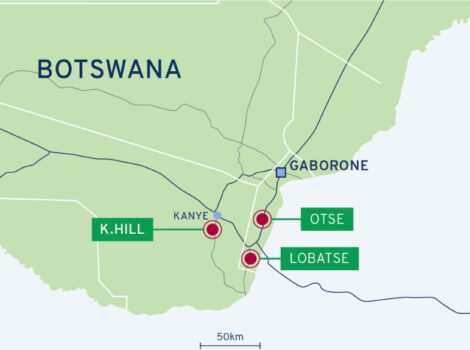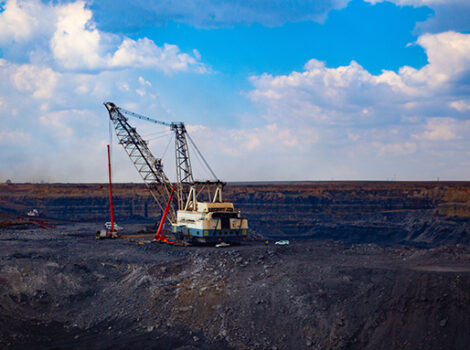
2 September 2024
Botswana’s recently proposed mining law amendment is a positive step to ensure that citizens of the country benefit from its mineral wealth, but it is not without risk, including potential litigation and corruption risks, experts from Pinsent Masons have said.
In a significant move aimed at bolstering local participation in the mining sector, the Botswanan government set out plans to amend the existing Mines and Minerals Act.
“Whilst Botswana has historically been considered the cleanest country in Africa from a corruption perspective, it is not immune from corruption risk and companies will need to tread carefully if the new law is introduced,” said Edward James, anti-corruption and bribery law expert at Pinsent Masons.
Under the current Act, the government of Botswana has the option to acquire a 15% shareholding in any mining project upon the granting of a licence. This provision has allowed the government to hold significant stakes in various mining ventures. However, the government has not exercised this option in several recent transactions.
The proposed amendment aims to increase local ownership in mining projects. If the government chooses not to exercise its option to acquire the shareholding, the mining companies will reportedly be required to use their “best endeavours” to dispose of 24% to citizens or citizen-owned companies.
While the proposed law has been welcomed by many as a positive step towards economic empowerment, it also presents potential challenges and risks.
“One risk that arises is that rent-seeking officials or corrupt people may seek to manipulate processes in such a way that government foregoes its right in order to steer ownership toward specific people or companies,” said James.
If the law is passed, mining rights holders will need to “look out for ‘red flags’”, the expert added.
James said:
“An obvious ‘red flag’ will be a situation where a government official suggests or even puts pressure on the holder to dispose of 24% to a specific person or company. Botswana’s minister of minerals and energy has indicated that local pension funds may help fund the acquisitions which means that a corrupt party could try and get someone else to pay for the ownership that they ultimately benefit from.”
“The way in which the potential new law is applied could also give rise to litigation risk if the new law is applied retroactively and depending on how the authorities interpret and apply the concept of ‘best endeavours’,” said Sylvia Tonova, international arbitration expert at Pinsent Masons.
“If international investors are in effect forced to sell 24% of the mining companies they own to local investors, this could raise issues under applicable investment agreements and impacted companies may consider bringing investment treaty claims on account of legally protected legitimate expectations to be protected against arbitrary and discriminatory treatment,” said Tonova.
The move by the Botswanan government follows a wider trend in Africa where governments are looking to change the rules to ensure that local people, businesses and communities properly benefit from mineral wealth. Companies involved in mining investments in Africa should ensure that they understand the legal risks faced, keep up to date on potential changes, and ensure that they have strong governance and compliance in place to deal with risks that arise, James said.
Source: https://www.pinsentmasons.com/out-law/news/botswana-mining-law-potential-litigation-corruption-risks



